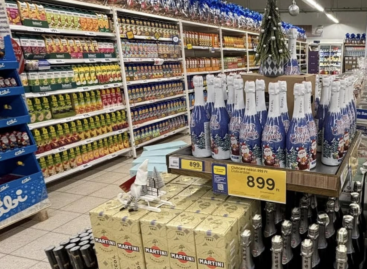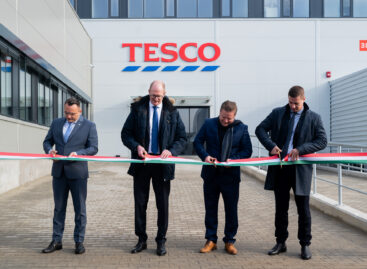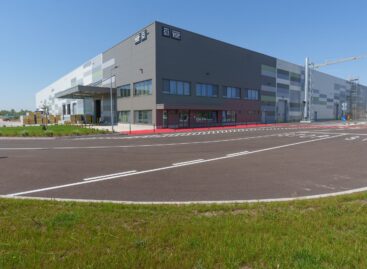Insect Feed Could Cut UK’s Future Soy Footprint By A Fifth, Study Finds
A new report commissioned by Tesco and WWF states using insect meal to feed fish and livestock could cut the UK’s future soy footprint by a fifth, protecting critical landscapes like the Brazilian Cerrado.
The research highlights the potential for insect farming in helping to tackle the climate and nature crisis.
‘The Future of Feed: a WWF roadmap to accelerating insect protein in UK feeds’ report says that the total demand for insect meal from the UK’s pig, poultry, and salmon sectors could reach around 540,000 tonnes a year by 2050.
The report shows this could result in about 16,000 tonnes of fishmeal and 524,000 tonnes of soy being replaced. It is equivalent to 20% of the UK’s projected soy imports in 2050, or Tesco UK’s entire 2018 soy footprint.
ESM
Related news
8 million bottles of spirits and 225 cash machines await customers
Tesco has prepared 8 million bottles and cans of alcoholic…
Read more >Tesco’s new 100,000 square meter logistics center in Hungary has been opened
On November 27, CTP Hungary ceremoniously handed over Tesco Global…
Read more >Agroloop’s 13,000 square meter automated factory is a milestone in the insect protein manufacturing industry
European protein exposure is an increasingly pressing problem in the…
Read more >Related news
The Joy of Giving! – SPAR stores collect non-perishable food for people in need
The Hungarian Maltese Charity Service and SPAR Hungary have launched…
Read more >Technological advancements and business travel
The latest research from International Workplace Group (IWG), the leading…
Read more >K&H: a gift, but what and from which store?
When it comes to Christmas gift-giving, clothes are the most…
Read more >








